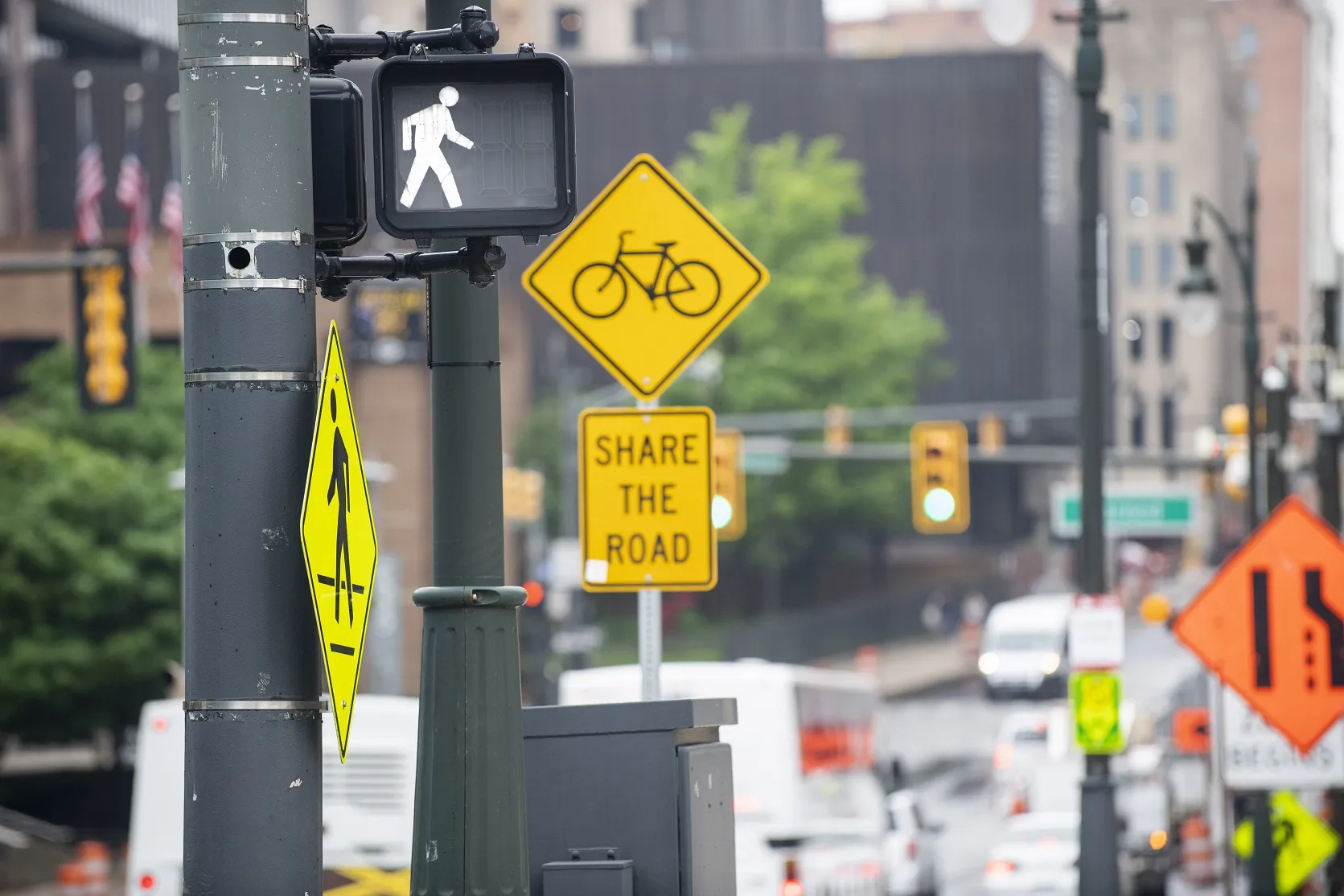
Highways England and the police have installed cameras on unnamed UK motorways and major A roads to tackle tailgating.
The organisation says nearly 10,000 vehicles were caught tailgating in the first two weeks of the cameras being tested.
Motorists will soon receive letters advising them they were too close to another vehicle and highlighting the dangers of not leaving safe braking distance.
Highways England’s head of road safety Jeremy Philips recognises that most tailgating is unintentional, but emphasises not leaving enough space between you and the vehicle in front can be “very frightening and intimidating – it could also prove fatal”.
“We are trialling the new cameras to make drivers aware of their behaviour and encourage better driving,” he continues.
“We are also using the Space Invader video game character as a quick reminder to drivers of the risks of tailgating."
"Our message is simple – Don’t be a Space Invader, stay safe, stay back.”
A survey carried out by market research company Ipsos Mori on behalf of Highways England found that while more than a quarter of 1,109 respondents admitted to tailgating, nearly nine out of 10 people said they have either been tailgated or seen it.
Nearly three-quarters of participants agreed that harsher penalties should be introduced for drivers who drive too close to the car in front.
Roads minister Baroness Charlotte Vere says: “When people think of the causes of road accidents, tailgating probably isn’t one of them, but it’s one that can have dangerous repercussions."
"Highways England’s innovative plans are already showing how serious and reckless this behaviour is, and through this campaign I hope we see tailgating drop, making our roads, already some of the safest in the world, safer still.”
PC Dave Lee of Northamptonshire Police’s safer roads team, which is supporting the trial, says motorists who experience tailgating can often feel put under pressure to increase their speed to create more space between them and the offending vehicle.
“However, we have seen first-hand the devastating consequences which tailgating can cause,” he continues.
“People who carry out this extremely dangerous behaviour are not just putting themselves at risk, but the lives of other road users.”
Highways England worked with infrastructure consultancy Aecom on the cameras.









